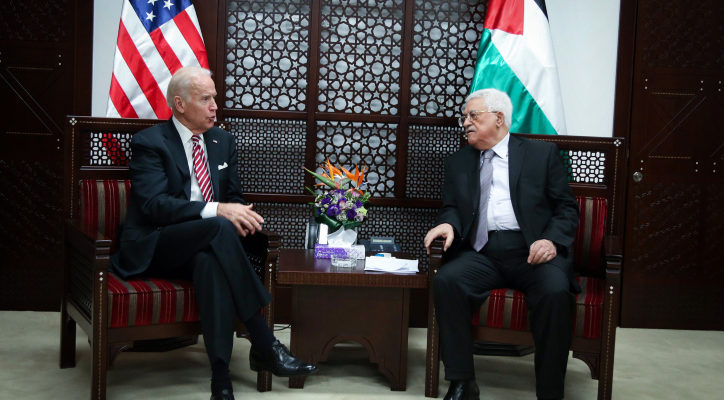The Palestinians currently have a special “observer state” status in the UN, which allows them to speak and attend meetings, but not to vote on matters.
By World Israel News Staff
Palestinian Authority officials are weighing a push to be accepted as a full member state in the United Nations, in the hopes that such a move could help them exert pressure on Israel to engage in negotiations or concessions.
The Palestinians currently have a special “observer state” status in the UN, which allows them to speak and attend meetings, but not to vote on matters.
Palestinian Ambassador to the United Nations Riyad Mansour told the Times of Israel that granting the Palestinians full member state rights could “save the two-state solution” and would “wake up [Israeli] leaders to hold negotiations.”
However, as an influential member of the UN and its Security Council, the U.S. would likely succeed in blocking the Palestinians’ request.
American domestic law also dictates that should the Palestinians be granted full member state status in the UN, the U.S. would automatically cut off critical funding to the UN.
In 1990, Congress passed the Foreign Relations Authorization Act, which explicitly prohibits funding “for the United Nations or any specialized agencies thereof which accords the Palestine Liberation Organization the same standing as member states.”
The Palestinians have not revealed a timeline as to when they would be willing to make their formal request for full member status at the UN.
In 2011, PA President Mahmoud Abbas attempted to gain full member status for the PA-administered territories, but the effort was torpedoed by the Obama administration.
Mansour said that the Palestinians were tired of political gridlock and looking for new ways to advance peace talks.
“The U.S. is not resorting to practical steps to stop Israel from acting unilaterally in changing the reality on the ground in a negative way, especially in the field of settlements,” Mansour told TOI.
“So if you are not stopping Israel from destroying the two-state solution before our eyes, then why don’t you look in a positive way at an idea that contributes to saving the two-state solution, which is the official policy of the United States?”





